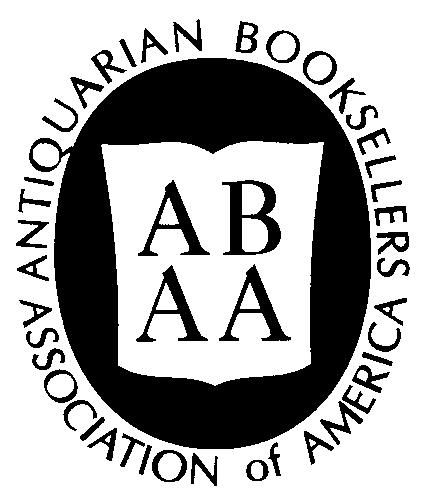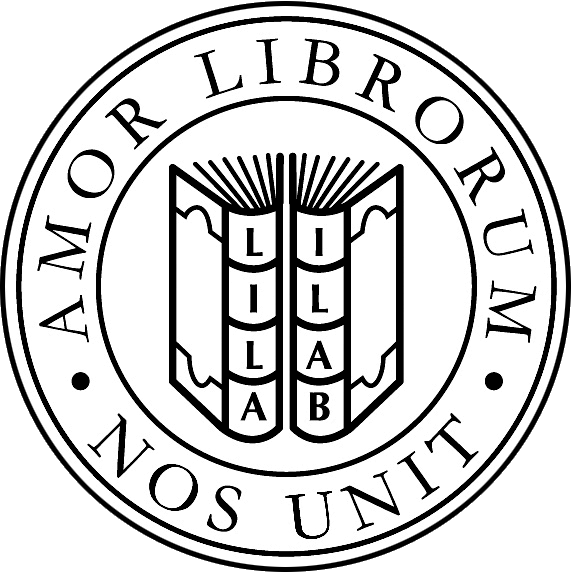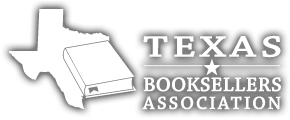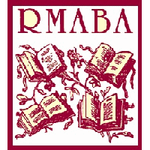Dealer in Rare and First-Edition Books: Western Americana; Mystery, Detective, and Espionage Fiction

Shaw & Clark Sewing Machine Company, Biddeford, Maine.
Publication: Privately printed, 1864 , Biddeford, Maine
8"x11" pictorial wrappers, 3 pages and cover, illustrations. An advertising brochure for Shaw & Clark sewing machines, illustrating several machines, components of the machines, as well as the factory. The text describes the machines in great detail, cautions those who might be tempted to avoid infringing on Shaw & Clark's patents, and ends with a page of glowing testimonials from satisfied customers, all dated 1864. "Of all the unlicensed pirate operators who produced machines without succumbing to paying license fees to the big patent holders, the Biddeford, Maine, company was probably the most successful, with its Monitor machine proving the mainstay of its business. But it could not hope to get away with it forever and, in early 1864, a massive law suit instigated by the Sewing-Machine Combination forced it to go legitimate. And in an attempt to make the best of a bad job, Shaw & Clark went overboard in its advertising. Now that the company was paying license fees of $7 per machine, it wanted to make sure that no other pirate manufacturers could get away with the scam that it had enjoyed in the previous years. It pointed out time and again that it was the only maker of cheap machines which could legally be used in America. The honourable Charles A Shaw was, in fact, a former mayor of the city of Biddeford. James R Clark was a member of the legislature of Maine and his son, Timothy Clark, was a registrar of deeds for York County. In a further attempt to capitalize on money paid in license fees, Shaw & Clark went so far as to suggest that anyone using an unlicensed machine could well be sent to jail. Each Shaw & Clark made after the date which the company began to pay license fees was sold with a brass plate listing the patents for which licenses had been bought. Two basic models were produced, one with a circular-section fire-hydrant top and skirted bottom, and the other with a square pagoda-topped hydrant which could come in open or closed form. Today these later "paid-paid" models are far rarer than the pirate Monitors. The company produced these machines for around three years before moving its operation to Chicopee Falls, Mass, where it produced a third model, again with the brass patent seal. But the company folded very shortly after." Brochure has been folded several times for insert into envelop, some light soiling and wear with 2 small tears to tops of all pages at point where brochure has been folded.
Original beautifully decorated envelope in which the brochure was mailed.


![Souvenir Of Dayton And The Soldiers Home. KEYES, J.J. [PUBLISHER].](/media/images/thumb/33790.jpg)







